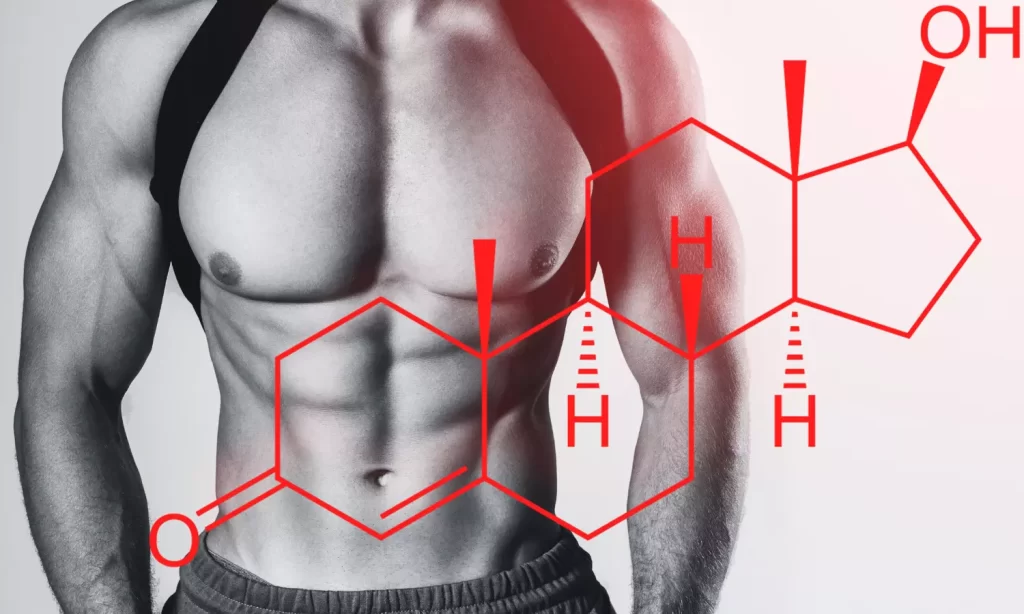Printers Repair Service
101 Knowledge databaseHow Testosterone Replacement Therapy Can Improve Your Quality of Life
Monday , 20, March 2023 Information Comments Off on How Testosterone Replacement Therapy Can Improve Your Quality of Life Testosterone replacement therapy (TRT) is a medical treatment designed to help men who have low testosterone levels. As men age, their testosterone levels tend to decline naturally, and this can lead to a number of unwanted symptoms and health issues. However, Testosterone Replacement Therapy can improve quality of life by restoring testosterone levels to normal and alleviating many of these symptoms.
Testosterone replacement therapy (TRT) is a medical treatment designed to help men who have low testosterone levels. As men age, their testosterone levels tend to decline naturally, and this can lead to a number of unwanted symptoms and health issues. However, Testosterone Replacement Therapy can improve quality of life by restoring testosterone levels to normal and alleviating many of these symptoms.
Low testosterone levels can cause a variety of physical and psychological symptoms that can negatively affect a man’s quality of life. Physical symptoms of low testosterone include decreased muscle mass, increased body fat, decreased bone density, and decreased sex drive. Men with low testosterone may also experience fatigue, decreased energy levels, and difficulty sleeping. Psychological symptoms of low testosterone can include depression, anxiety, irritability, and decreased cognitive function.
TRT can help alleviate these symptoms by restoring testosterone levels to normal. Testosterone is a hormone that is responsible for many important functions in the body, including the development of male sex organs, the growth of muscle and bone tissue, and the production of sperm. When testosterone levels are low, these functions can be compromised, leading to a variety of symptoms.
One of the most noticeable effects of TRT is an increase in muscle mass and strength. Testosterone is a key hormone for muscle growth and repair, and low levels of testosterone can lead to decreased muscle mass and strength. TRT can help reverse this process, leading to increased muscle mass and strength, which can improve overall physical function and help prevent age-related declines in muscle mass and strength.
TRT can also help increase bone density, which is important for maintaining strong bones and preventing osteoporosis. Testosterone plays a role in bone growth and maintenance, and low levels of testosterone can lead to decreased bone density and an increased risk of fractures. TRT can help increase bone density and reduce the risk of fractures, which can improve overall quality of life.
Another important benefit of TRT is an increase in sex drive and sexual function. Testosterone is a key hormone for sexual function, and low levels of testosterone can lead to decreased sex drive and erectile dysfunction. TRT can help improve sexual function and increase sex drive, which can improve overall quality of life and relationships.
In addition to these physical benefits, TRT can also help improve psychological symptoms of low testosterone. Depression, anxiety, and irritability are common symptoms of low testosterone, and TRT can help alleviate these symptoms by restoring testosterone levels to normal. TRT can also help improve cognitive function, including memory, attention, and focus, which can improve overall quality of life and work performance.
It’s important to note that TRT is not a magic cure-all for all of life’s problems. However, for men with low testosterone levels, TRT can provide significant improvements in quality of life by alleviating many of the physical and psychological symptoms associated with low testosterone. As with any medical treatment, TRT should be carefully monitored by a healthcare professional to ensure that it is safe and effective for each individual patient.
In conclusion, testosterone replacement therapy can improve quality of life for men with low testosterone levels. TRT can help restore testosterone levels to normal, alleviating many of the physical and psychological symptoms associated with low testosterone. By increasing muscle mass and strength, improving bone density, increasing sex drive and sexual function, and improving cognitive function, TRT can provide significant improvements in quality of life for men with low testosterone levels. If you are experiencing symptoms of low testosterone, talk to your healthcare provider about whether Testosterone Replacement Therapy may be right for you.